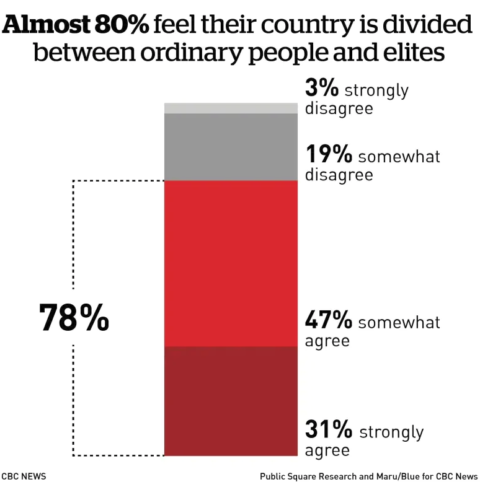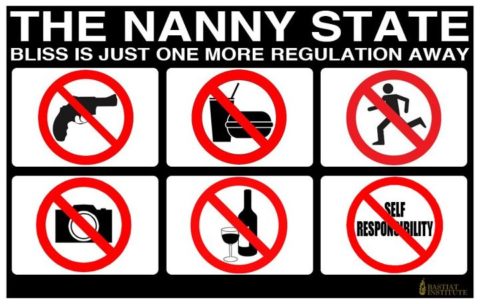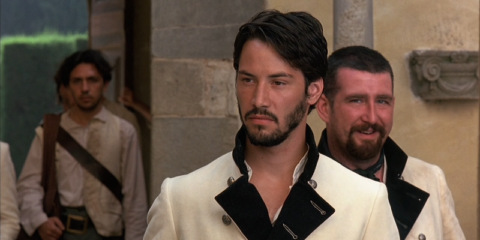Don’t you hate boastful holidays letters about other people’s fascinating lives and perfect children? Below is one Nan and I received last week.

Dear Friends,
What a lucky break the CEO sent his personal jet to pick me up from Istanbul; there’s plenty of room, since I have the entire aircraft to myself, to take out the laptop and write our annual holiday letter. Just let me ask the attendant for a better vintage of champagne, and I’ll begin.
It’s been another utterly hectic year for Chad and I and our remarkable children, yet nurturing and horizon-expanding. It’s hard to know where the time goes. Well, a lot of it is spent in the car.
Rachel is in her senior year at Pinnacle-Upon-Hilltop Academy, and it seems just yesterday she was being pushed around in the stroller by our British nanny. Rachel placed first this fall in the state operatic arias competition. Chad was skeptical when I proposed hiring a live-in voice tutor on leave from the Lyric Opera, but it sure paid off! Rachel’s girls’ volleyball team lost in the semifinals owing to totally unfair officiating, but as I have told her, she must learn to overcome incredible hardship in life.
Now the Big Decision looms — whether to take the early admission offer from Harvard or spend a year at Julliard. Plus the whole back of her Mercedes is full of dance-company brochures as she tries to decide about the summer.
Nicholas is his same old self, juggling the karate lessons plus basketball, soccer, French horn, debate club, archeology field trips, poetry-writing classes and his volunteer work. He just got the Yondan belt, which usually requires nine years of training after the Shodan belt, but prodigies can do it faster, especially if (not that I really believe this!) they are reincarnated deities.
Modeling for Gap cuts into Nick’s schoolwork, but how could I deprive others of the chance to see him? His summer with Outward Bound in the Andes was a big thrill, especially when all the expert guides became disoriented and he had to lead the party out. But you probably read about that in the newspapers.
What can I say regarding our Emily? She’s just been reclassified as EVVSUG&T — “Extremely Very Very Super Ultra Gifted and Talented.” The preschool retained a full-time teacher solely for her, to keep her challenged. Educational institutions are not allowed to discriminate against the gifted anymore, not like when I was young.
Yesterday Rachel sold her first still-life. It was shown at one of the leading galleries without the age of the artist disclosed. The buyers were thrilled when they learned!
Then there was the arrival of our purebred owczarek nizinny puppy. He’s the little furry guy in the enclosed family holiday portrait by Annie Leibovitz. Because our family mission statement lists cultural diversity as a core value, we named him Mandela.
Chad continues to prosper and blossom. He works a few hours a day and spends the rest of the time supervising restoration of the house — National Trust for Historic Preservation rules are quite strict. Corporate denial consulting is a perfect career niche for Chad. Fortune 500 companies call him all the time. There’s a lot to deny, and Chad is good at it.
Me? Oh, I do this and that. I feel myself growing and flowering as a change agent. I yearn to empower the stakeholders. This year I was promoted to COO and invited to the White House twice, but honestly, beading in the evening means just as much to me. I was sorry I had to let Carmen go on the same day I brought home my $14.6 million bonus, but she had broken a Flora Danica platter and I caught her making a personal call.
Chad and I got away for a week for a celebration of my promotion. We rented this quaint five-star villa on the Corsican coast. Just to ourselves — we bought out all 40 rooms so it would be quiet and contemplative and we could ponder rising above materialism.
Our family looks to the New Year for rejuvenation and enrichment. Chad and I will be taking the children to Steamboat Springs over spring break, then in June I take the girls to Paris, Rome and Seville while Chad and Nicholas accompany Richard Gere to Tibet.
Then the kids are off to camps in Maine, and before we know it, we will be packing two cars to drive Rachel’s things to college. And of course I don’t count Davos or Sundance or all the routine excursions.
I hope your year has been as interesting as ours.
Love,
Jennifer, Chad, Rachel, Nicholas & Emily
(The above is inspired by a satirical Christmas letter I did for The New Republic a decade ago. I figure it’s OK to recycle a joke once every 10 years.)














